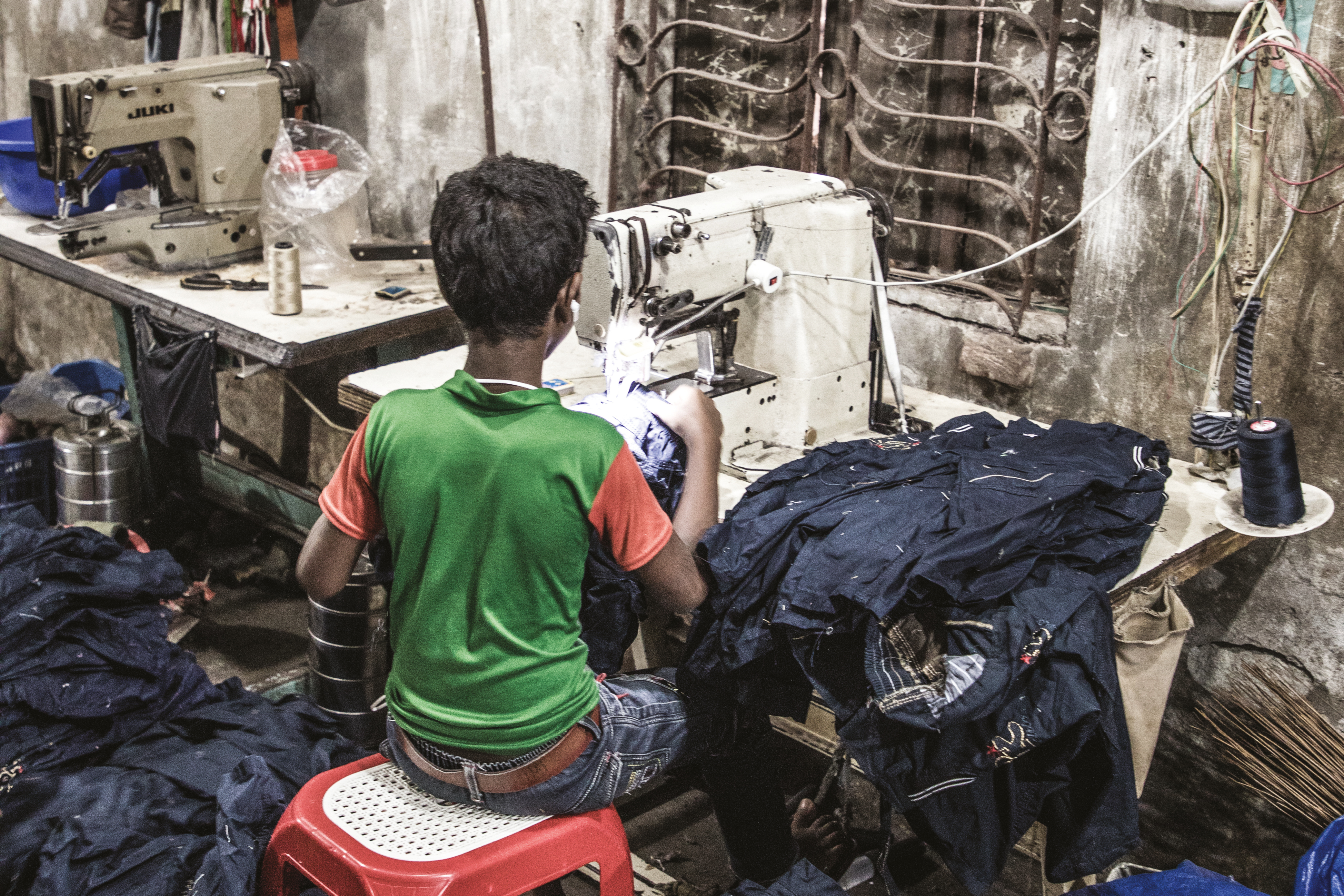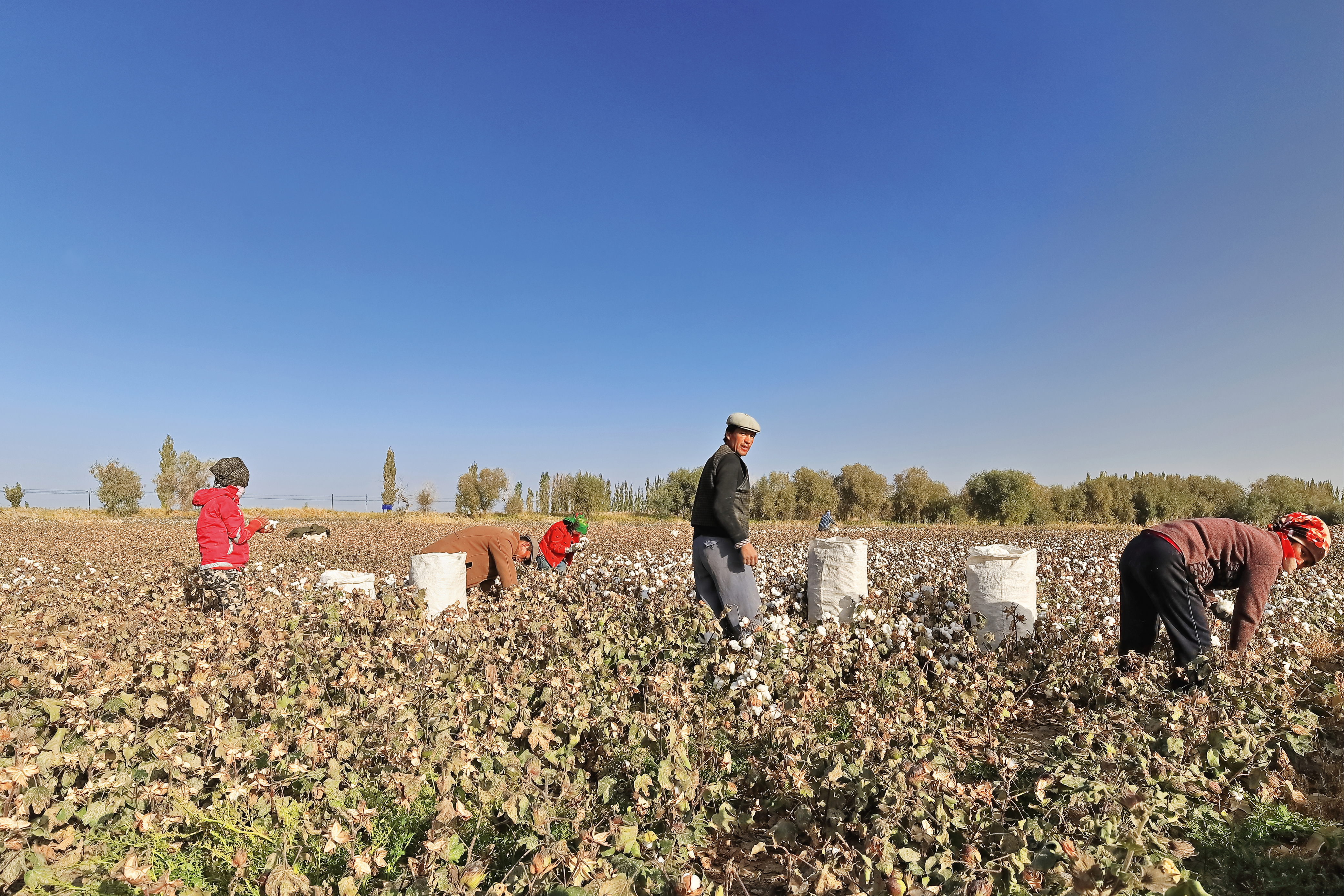Lorem ipsum dolor sit amet, consectetur adipiscing elit. Curabitur eleifend tortor nec augue pretium


It has been 10 years since the Modern Slavery Act was passed into UK law by David Cameron’s government. At the time, ministers hailed it as “landmark legislation”.
“If you are involved in this vile trade, you will be arrested, you will be prosecuted and you will be locked up,” said then Home Office minister Karen Bradley as the legislation came into force at the end of July 2015.
Now there are questions about the impact of a law that has arguably stood still while the rest of the world has brought in tougher regulations that are changing business practices.
Modern slavery is an umbrella term that includes a range of practices, including human trafficking, where people are recruited or moved for exploitative purposes, and forced labour, where people are required to work under threat of punishment.
“The key thing is that it’s exploitation of someone else for personal or commercial gain,” explains Sian Lea, business and human rights manager at Anti-Slavery International, an NGO and advocacy group that has campaigned against slavery since 1839.
An estimated 50 million people worldwide are caught up in some form of modern slavery, according to Lea. Within supply chains, where Lea focuses her work, there are an estimated 17.3 million people in forced labour, and an additional four million people forced into work by their governments. She gives the example of people in the Uyghur region of China, who are subject to persecution, and the Turkmenistan government, which exploits some citizens for economic gain as well as coercion and control.
The economic cost is also significant, with the International Labour Organization (ILO) estimating that modern slavery is generating $236bn in profits for the criminal perpetrators each year. According to the ILO, this is money that is stolen from workers and governments through lost wages and tax revenues.
Dr Maryam Lotfi is co-founder and co-director of the Modern Slavery and Social Sustainability Research Group at Cardiff Business School. She estimates that, across the G20 nations, around £50bn worth of products are being imported where there is a risk of modern slavery.
“We are importing all kinds of goods where we are aware there is a risk that they are produced by modern slavery somewhere in the world,” she says, adding that this risk exists in many different product lines and sectors.
“It exists in construction. It exists in manufacturing, mining and agriculture. It exists in our phones, our laptops, textile garments and palm oil. So, it is almost everywhere, according to the statistics that we have.”
With the complexity, size and scope of modern supply chains, it can be challenging for manufacturers and retailers to have oversight of all activity, from raw material extraction to the consumer purchase point.
Given this complexity, how can consumers make ethical choices when it comes to purchasing products that are slavery-free? Lotfi’s research group has secured funding to examine levels of awareness among the public and what might be done to change habits.
She highlights some apps and websites that will provide information on modern slavery, but there is not a universal labelling scheme to help inform consumers.
However, at Anti-Slavery International, Lea suggests that a labelling or kite mark scheme would not be easy to implement or monitor. Because of the dynamic nature of supply chains, monitoring would need to be continuous and could not be based on a single annual audit.

Ethical purchasing also expects a lot of consumers. While information is included in companies’ modern slavery statements – one of the requirements of the Act – studies have suggested that there is not always a direct link between what is disclosed in the statement and how ethical a company is. Expecting consumers to research and understand the issue themselves is “too high a burden”, Lea says.
“What you really need to do is to put the onus on companies to do better – and to have liability if they don’t – and on the government to make sure that it’s not importing products made with forced labour.”
The Modern Slavery Act requires commercial organisations to publish a modern slavery statement if they have a turnover of £36m or more – as must international businesses if they have a demonstrable presence in the UK, and charities and investment trusts if they meet the criteria. The statement must be updated every year, published on the company’s UK website and be signed off by a director. While organisations are not expected to guarantee that their entire supply chains are ‘slavery-free’, they are expected to outline what steps they are taking to address modern slavery, both in their own business and throughout their supply chains.
However, Lotfi says that enforcement of the Act is “very weak”, with many companies not even bothering to publish a statement. Indeed, analysis by the Business & Human Rights Resource Centre found that 40% of eligible companies did not comply with the Act’s reporting requirements.

"When there is no enforcement, it is more like a tick-box activity,” she tells Transform.
“We have some very good brands that are really working on ethical practices, but currently it’s more like a tick-the-box approach.”
Lotfi’s research into modern slavery statements has indicated that some statements are republished, unaltered, in successive years. Some sectors are also better than others. She highlights the hotel sector as being weak on reporting, with many just publishing a short, two-page statement.
With aspects of hotel staffing vulnerable to modern slavery, Lotfi is concerned that many don’t want to report it or prioritise it, as there is no penalty for them.
So, while the Modern Slavery Act was progressive for its time – the UK was one of the first countries to have such an Act and “should be very proud of it”, says Lotfi – other countries and the EU are now moving ahead.
Lea agrees that the UK has been left standing still, while parts of the rest of the world are putting in place more robust legislation. She acknowledges that the Act has been effective in raising awareness of modern slavery, particularly among businesses, but says that this alone isn’t enough of a “tipping point to drive better practice”. Warm words, a public registry and development of an assessment tool can mask import practices that run completely counter to the Act’s intention.
“The government tripled its orders of latex gloves from a Malaysian supplier that was barred from the US at the time because of forced labour,” Lea says. She also highlights a BBC report from December 2024, which found that several UK supermarkets were selling tomato purée made from tomatoes that had been grown in China using forced labour.
“Nothing seems to be changing. Even if awareness has increased, we need to do something more. Something else needs to shift,” says Lea.
One example the UK could follow is the EU’s Corporate Sustainability Due Diligence Directive, which came into force in 2024.
“It is the most progressive law, so [it] puts an obligation on large companies to essentially identify, prevent, mitigate and account for human rights abuse and environmental harm within their supply chains. And that’s really important, because modern slavery doesn’t exist in a vacuum,” Lea explains.
“If we’re only considering the sharpest end of that continuum of exploitation, we’re ignoring things like non-payment of minimum wage, excessive overtime, punitive and illegal deductions, recruitment fees and debt bondage, [which] lead to that sharper end.
"We’re also not accounting for enabling rights, like freedom of association, or the fact that the rights of people and the rights of the planet are very much interconnected and mutually reinforcing.”

The US, too, is acting through a different legislative route – import bans. US legislation can block the supply of goods made with forced labour, and, in 2021, Congress approved the Uyghur Forced Labor Prevention Act, which was signed into law by President Biden and took effect in June 2022. The Act stops the import of all products from the region.
“It has had a tremendous impact,” says Lea, reducing reliance on Uyghur cotton by 40%. Canada and Mexico have followed with similar import bans, and the EU passed its own product ban late last year, which prevents goods made with forced labour from being traded within the bloc.
The proximity of the UK to the EU puts the country at risk of being a dumping ground for the re-routeing of products made with forced labour, Lea warns, because there is an absence of legislation to address it.
The Labour government, led by former human rights lawyer Sir Keir Starmer, is sympathetic to the need to do more. It responded positively to a House of Lords report, published in October last year, which called for the legislation to be made “world-leading again”.
“The UK should be again at the forefront of driving for change and leading by example,” the government said in its response to parliament. However, it warned that reform would not be “easy, straightforward or quick to achieve”.
Under pressure to turn round a flagging economy, it remains to be seen whether much-needed reforms to tackle modern slavery will make it to the top of the legislative agenda.
Vivienne Russell is a freelance journalist